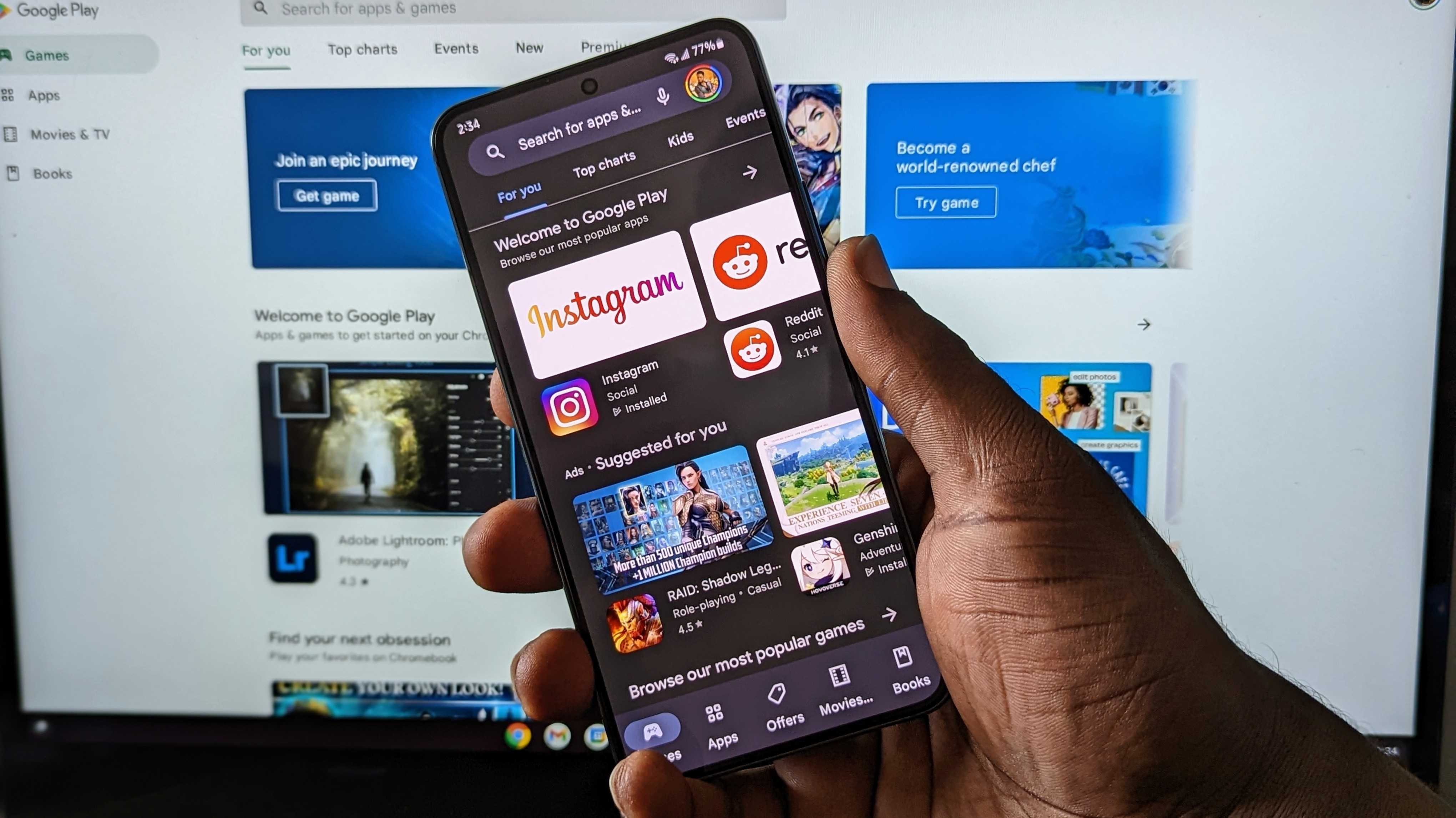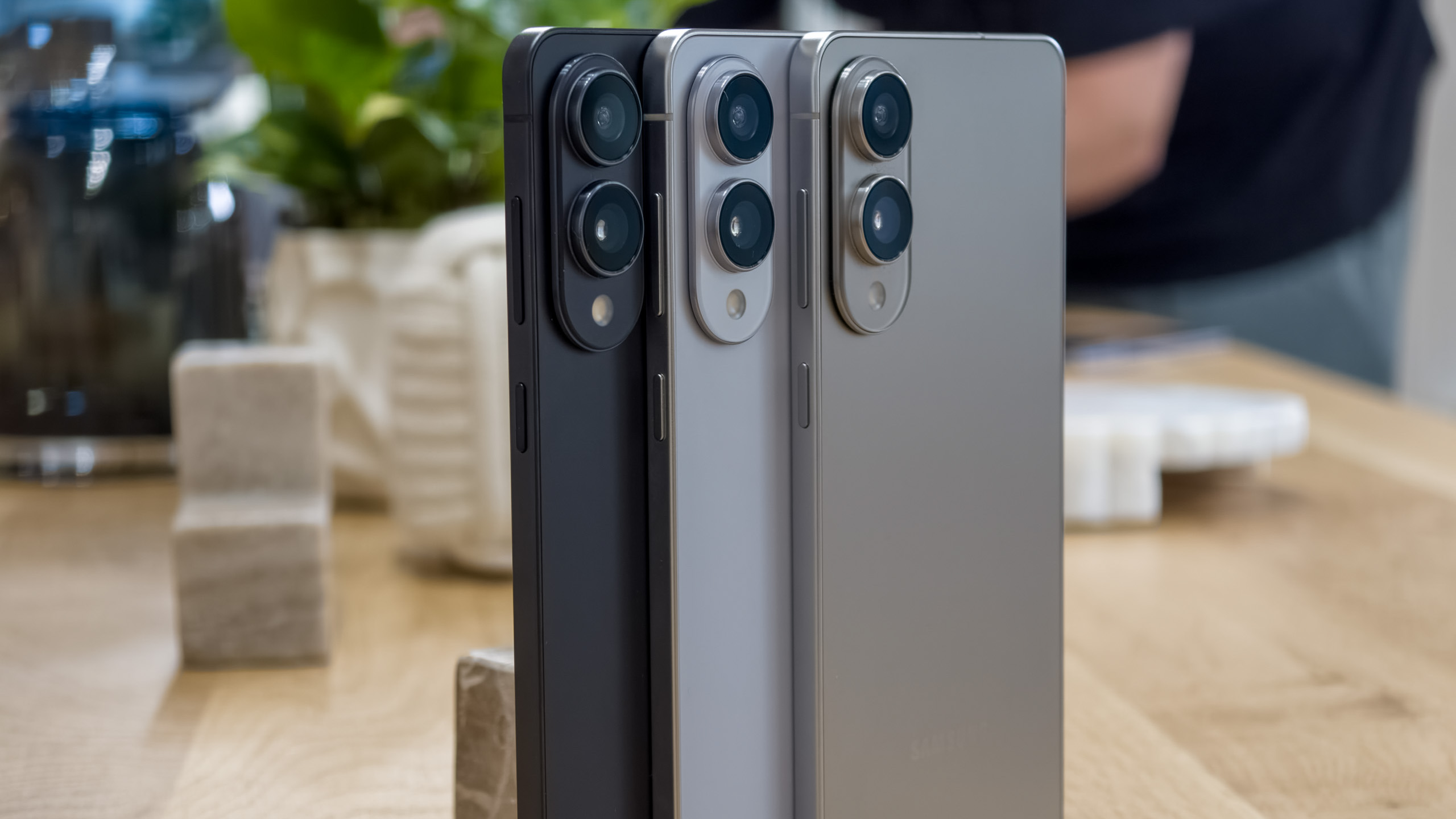Google offered Netflix a unique deal to stick with Play Store billing
The streamer declined as Play Store billing cannot "outperform" its own.

What you need to know
- Documents from the Google vs Epic antitrust case show the former once offered Netflix a unique deal to use its billing service only.
- Internal Netflix documents show Google offered it a 10% fee on sales so it wouldn't use its own billing, effectively consuming all earned revenue.
- Netflix declined, stating Google's billing could not "outperform" its own service.
As the Google and Epic Games antitrust case continues, more information is coming to light highlighting the former's past of offering deals to app developers.
According to The Verge, documents presented before the court during the Google vs. Epic case show that the former attempted to offer a deal to Netflix to avoid it effectively taking all revenue. Since Netflix's own billing once existed through its Android app, Google was willing to chop down its service fee to 10% so Netflix would only offer Play Store billing back in 2017.
This would've allowed Netflix to retain 90% of its sales while Google could take a small portion.
Evidence in court showed this was part of a "platform development partner" under a Google program called "LRAP++." This was a deal Google offered after Netflix originally had a 3% fee, followed by a 15% sales fee, according to a video featuring Paul Perryman, Netflix's vice president of business development.
However, Netflix declined Google's offer as it estimated it could lose revenue annually. An internal document read, "Assuming all Android in-app signups came through GPB (Google Play Billing), Netflix would lose ~$250M USD on 1 year of signups, even when accounting for the incremental uplift."
The service argued further, stating it couldn't "see a scenario where Google’s payment system would outperform, or even match our own." And it's no shock that Netflix doesn't pay Google anything, as those looking to subscribe must do so through their browser.
Google spokesperson Dan Jackson told The Verge, "It’s no secret that Google Play offers a range of fees that take into account the varying needs of our developer ecosystem or economics of different industries or app verticals, like streaming video."
Get the latest news from Android Central, your trusted companion in the world of Android

Information coming to light follows on the heels of confirmation that Google once offered Fortnite creator Epic Games $147 million to remain on the Play Store. The company had removed Epic's game as it gave users a way to purchase in-game currency without going through Google. This was in "violation" of store guidelines, prompting its removal. Ever since, the game has been non-existent on the Play Store, a choice Epic has stuck by as it avoids the harsh 30% fees imposed on developers.
Google's decision to attempt to make a deal with Epic was layered with fear as it could've spurred a "contagion effect," giving other developers the idea to leave, as well.
However, Epic Games continues to argue in court that Google's sheer "control" and discouraging "disadvantages" imposed on apps that leave is disheartening.

Nickolas is always excited about tech and getting his hands on it. Writing for him can vary from delivering the latest tech story to scribbling in his journal. When Nickolas isn't hitting a story, he's often grinding away at a game or chilling with a book in his hand.
